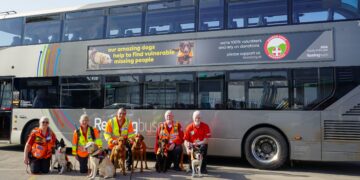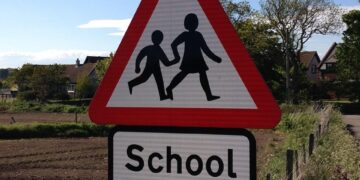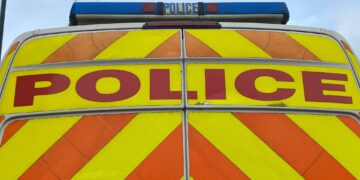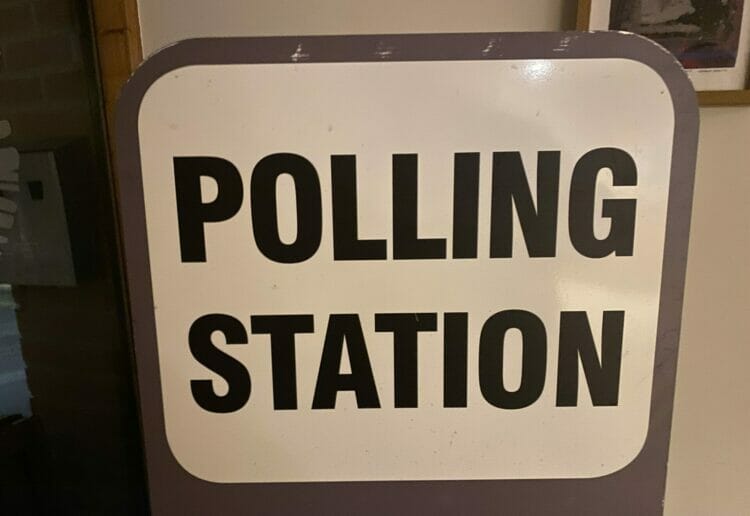MORE than 250 residents were turned away from polling stations during the recent local elections, because they didn’t have acceptable ID.
And while most of those voters returned, there were 73 residents that didn’t.
Reading Borough Council says that while 99.7% of residents who took part in the May 4 poll were able to do so without incident, it is unknown how many people didn’t attempt to vote because of the new law.
However, turnout was down compared to last year’s all-out election – 25.78% at polling stations compared to 28.10% last year. The council’s figures have no way of recording why residents didn’t attend their polling station.
Overall, 95,783 Reading residents were eligible to vote in this year’s local borough elections, but just 24,698 ballots were cast at polling stations, with a further 13,739 cast their votes by post.
Reading Borough Council said it had staff outside of polling stations to help voters with any questions, but residents who did not enter the polling station because of not having the right identification were not recorded.
Once postal votes are considered, the total turnout in this year’s elections was 32.6%. It was 34.57% last year, and 35.96% in 2021.
On the day attendance was 29.37% in 2021 – nearly four percentage points higher than this year’s poll.
It was also higher in the comparable elections of 2019: polling station attendance was 27.7%, and 33.59% overall.
Cllr Jason Brock, Reading Council Leader, said: “The introduction of new Voter ID Legislation has proved controversial nationally, and while the Council did everything in its power to inform and alert residents of the change, it was inevitable that some would be disadvantaged.
“It’s highly disappointing that 73 Reading residents were unable to exercise their democratic right on May 4, as even one voter excluded is one too many. The reality, of course, is that the figure is likely to be higher, with some residents put off voting this year and choosing to not bother even attending a local polling station as they lacked the necessary ID.
“Certainly, I know that I encountered this on the doorstep.”
Cllr Brock felt the policy could have had a detrimental impact of turnout, and pledged to do what he could to improve the situation.
“The Council is keen to consider the implications in more detail over the coming weeks and a report will be presented to a committee meeting later this year which will be a good opportunity to debate and discuss the impact with officers, and with Councillors of all political persuasions.
“There is a national debate on the impact of Voter ID currently taking place and the fall out, including any possible future changes to legislation, will be of interest.”























